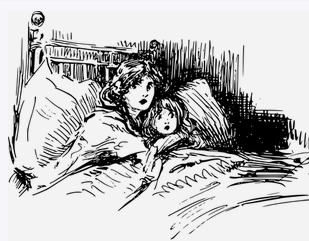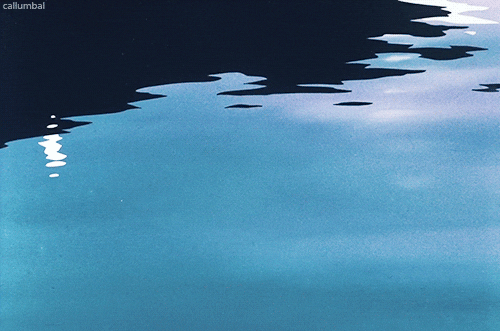
William A Gardner
7
December
2019
Culture and Societies
Occasional Blog
Liberalism in Decline

Change is one thing, progress is another. Change is scientific. Progress is ethical. Change is indubitable whereas progress is a matter of controversy. - George Bernard Shaw
Within the cycles of human cultural development there are periods of great progress, and periods of decay and stagnation. Then there are periods of almost unbelievable idiocy. The proper identification of the current period is a matter of some controversy, although I personally lean toward the latter description. This should not be taken as necessarily negative. A lack of common sense and a decline in tolerance is not uncommon during periods of rapid change. My concern is that, when in the grip of idiocy, a society will often make poor leadership and economic decisions leading to an extended period of disharmony, civil conflict and economic contraction. There is increasing evidence that such a social and economic storm is on the horizon. We will ignore it at our peril for it leads down a road to an illiberal destination.
Liberalism is both a political and moral philosophy. It is the opposite of the Hobbesian view of the world and how it should be governed. Liberalism in its proper sense has nothing to do with current Liberal/Democratic political parties in various countries. True liberalism had its start in Ancient Greece with the celebration of the individual as separate from the State, able to question the actions of the State, and to participate in a formal process of government. People who follow liberal philosophy generally support a limited secular government, capitalism, democracy, education for all, tolerance for minorities, and freedom of the individual, the press, religion and speech. They believe in equality of opportunity for all citizens irrespective of race, religion, or gender. Liberalism might be described as freeing the individual from the shackles of tribalism, class structure and feudalism.
The Enlightenment period helped to define and extend liberalism. This philosophical and intellectual movement emerged out of the Renaissance and dominated European thinking during the 18th century. Central to this philosophy was the use and celebration of reason with respect to the relationship of thinking man - Homo sapiens - to God, nature and humanity. The goal of rational humanity was the achievement of knowledge, freedom and happiness. It empowered the individual, provided a framework as to how a liberated and free individual could function within an enlightened society, and showed how such a society could benefit from individual reason, initiative and creativity. It provided freedom and unleashed the creative thinking mind. The advances in technology, standard of living, and individual freedom in Western society over the past two hundred years are very much due to this philosophy.
The Hobbesian view of the world, on the other hand, is that the average citizen has neither the knowledge nor ability to govern, and therefore is duty bound to follow the authority of the governing sovereign or leader. Hobbes espoused a Social Contract Theory whereby the ruler had almost unlimited power constrained only by an implicit contract to rule fairly. In this philosophy the ruler grants certain limited defined rights to the citizens as part of the Social Contract. This theory supported the autocratic rule of sovereigns, lords and other leaders in Europe during the 18th and 19th centuries and is witnessing a rebirth in today's world.
A key difference between a liberalistic and a Social Contract society is that in the former an individual is considered to have all rights except those specifically constrained by the lawful need for social order and harmony. In the Hobbesian world the individual has only those rights specifically provided in the Social Contract. It is an important distinction. In Canada, the passing of the Charter of Rights and Freedoms might be argued as not so much a step forward as a step backward for, while providing some rights, it transferred significant power from Parliament to the Judiciary. It became part of our own Social Contract. This is not to suggest that the Charter is bad, but to help people understand the difference between the inalienable rights of people as compared to the limited rights granted by an (hopefully) enlightened government and other public institutions.
I would argue there is ample evidence today indicating that our society is becoming less and less liberal, and this trend is shown in the policies and actions of many social justice action groups and political parties. The trend is toward a more restrictive form of government characterized by a high-surveillance, high-control, autocratic, top-down governance model, a more socialistic and less capitalistic economy, and a loss of individual freedom of thought, expression and action. It is a major shift being implemented gradually behind the shadowy arguments of public safety and moral righteousness. It is not unexpected in a period of cultural idiocy. It is change, but it is not progress.

Read Related Previous / Social Common Sense
Read Related Next / The Dis-Enlightenment
© William A. Gardner 2024 All Rights Reserved








